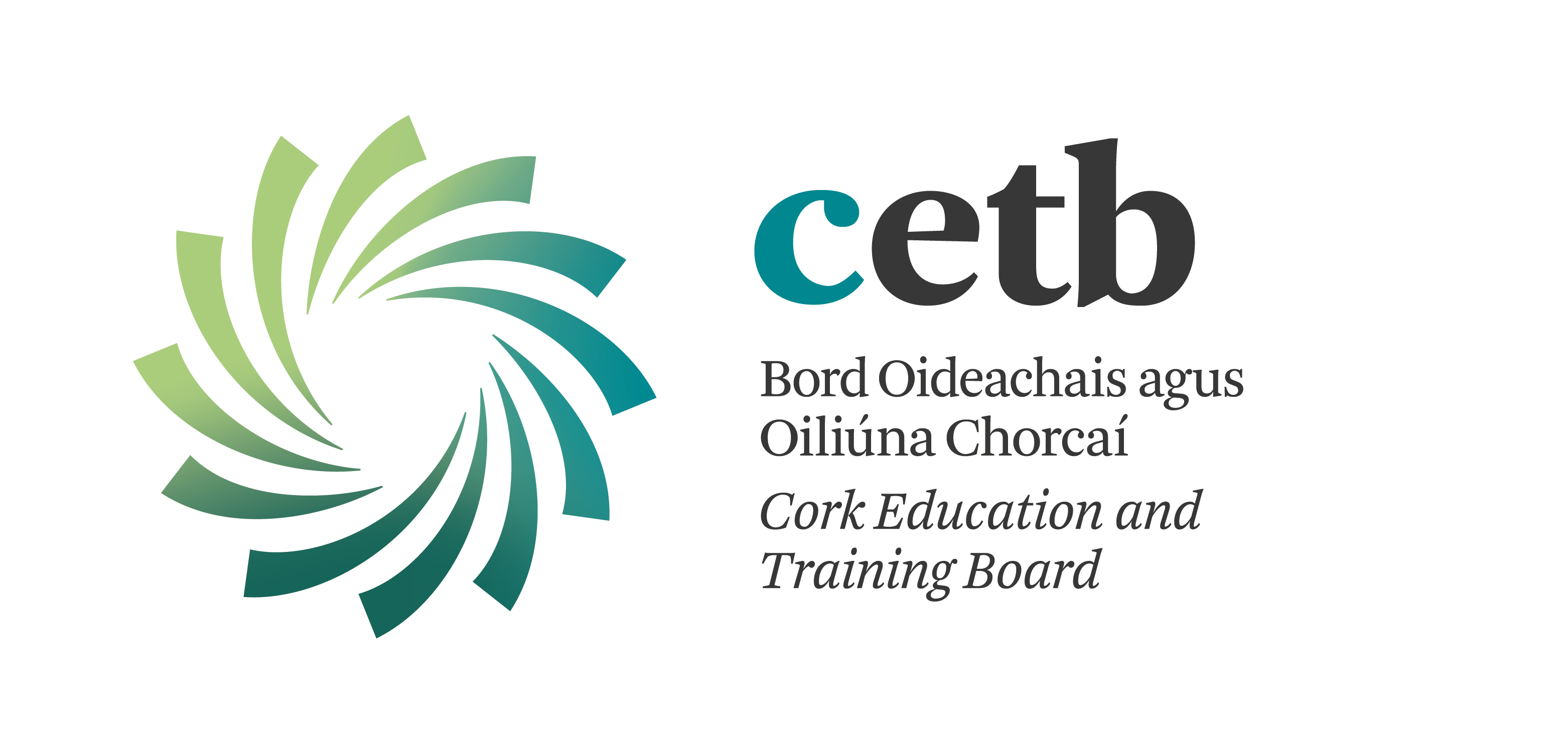13. Engagement with Stakeholders and other bodies
SOLAS
SOLAS as the National Further Education and Training Authority, is responsible for national policy and strategy in respect of FET, as well as being the funding agency for all ETB FET activity. In this role, it is one of CETB’s key stakeholders. CETB submits an annual service plan to SOLAS, which includes performance targets, such as inputs, outputs, certification etc., and reports on these targets to SOLAS three times a year. In addition, CETB submits financial reports to SOLAS.
SOLAS has statutory responsibility for craft apprenticeships (as coordinating provider), of which CETB delivers a number in Phase 2 (see below). A Memorandum of Understanding between CETB and SOLAS is in place with respect to the Craft Apprenticeships, in addition to a range of systems and procedures to ensure the successful delivery of these programmes.
QQI
CETB is a statutory legacy provider for QQI, currently operating under three QA agreements, and working towards formalising its arrangements and agreements with QQI in accordance with the provisions of the 2012 Act (revised 2014). In addition to delivering QQI accredited programmes across its FET centres and services centres, in which learners achieved over 39,314 awards in 2017, CETB engages collaboratively with QQI in a number of projects and engages in a range of sectoral consultation processes.
Department of Employment Affairs and Social Protection
The DEASP works closely at a local level with CETB centres and services and is the primary referral agency for courses run under training services. An interagency agreement between CETB and the DSP is in place to manage this relationship.
Contracted Training
Contracted training is a procured service to deliver training on behalf of CETB’s training service. Successful contractors when delivering training on behalf of CETB, do so under the training services QA agreement. (TQAS)
Community Training Providers
Community Training provides training within the community for people who are economically or educationally disadvantaged. This is a granted service for programmes delivered on behalf of training centres; internal verification is undertaken by the provider, all results are reviewed by the training service RAP, and all certificates are ordered through the training service. Training is provided across the four different programme types outlined below:
Community Training Centres
Community Training Centres provide second chance education and training for early school leavers, aged 16–21 years.
Local Training Initiatives
Local Training Initiatives provide vocational training opportunities, learning supports and project-based learning to marginalised learners, aged 16-35 years with low-level education, who have been referred by the DEASP.
Specialist Training Providers
Specialist Training Providers, such as the National Learning Network, address the identified training needs of people with disabilities who are experiencing exclusion and labour market disadvantage.
Other Community Education Providers
The Community Education strand of the Adult Education Service maintains a large network of relationships with community development groups and other community providers, through which the AES delivers a wide range of courses, both certified and uncertified. Responsibility for these programmes lies in the first instance with the Community Education Facilitator, who reports to the Adult Education Officer. Certified courses are, for the most part, included in the IV/EA/RAP processes of the local AES centres.
Return to Quality Assurance home page
 |
For more information or queries relating to Quality Assurance, email quality.assurance@corketb.ie
© 2018 Cork Education and Training Board. All rights Reserved.
|
